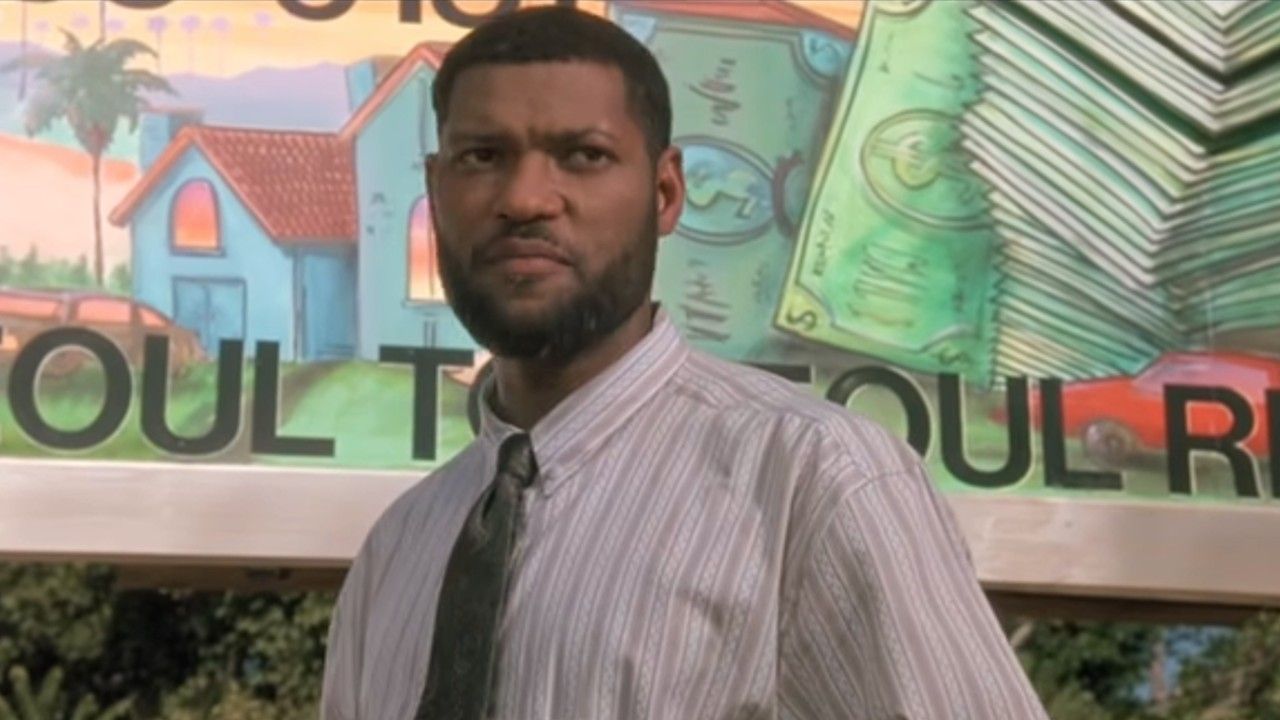
Would you like to hear a “joke” that I’ve never found amusing? It goes like this: When someone brings up African-American fathers, the punchline is always that they’re coming back shortly because they went outside to pick up a carton of milk.
In simpler terms, if you look beyond what’s directly stated, it seems like they’re insinuating a common issue among Black fathers of abandoning our children, which is a harmful stereotype towards our community. I find this offensive because, firstly, I believe many of us are outstanding parents, and secondly, it overlooks the historical hardships faced by Black people that may have contributed to parenting difficulties in some cases.
Reflecting on this, it reminds me of the character Jason “Furious” Styles (played by Laurence Fishburne) from the movie “Boyz n The Hood“. He is a remarkable father figure and he sheds light on some reasons why many Black men face such tough situations. Interestingly, Styles seems like an exception because the image of the “good Black father” is scarcely represented in today’s narratives. Consequently, I yearn for more portrayals of Black fathers similar to Jason “Furious” Styles.
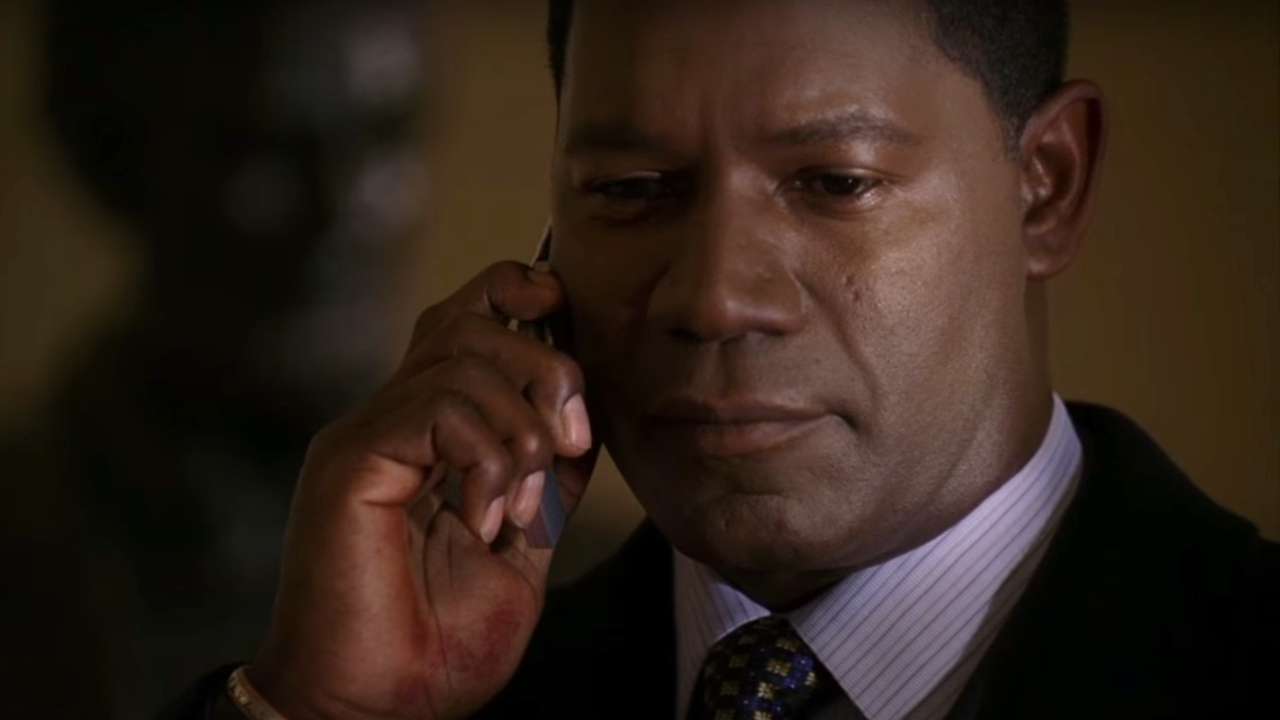
Movies Are Powerful, And Can Help Sway Public Perception
It’s quite clear that individuals who make racist jokes likely do not have regular, everyday interactions with the racial group they are degrading. This observation comes from my experience as a teacher, particularly with students who are predominantly Black and brown. Their conversations about white people suggest a lack of familiarity, almost as if they view them as beings from another world.
Essentially, it’s primarily due to the neighborhood they reside in being predominantly non-white. In their everyday life, they seldom encounter white people unless they travel to a wealthier town or visit the mall. Their main exposure to white people might be through some of their teachers or characters on TV and movies. Therefore, I believe media like films and television can be beneficial since they frequently present diversity that some individuals regularly experience.
Although Obama’s presidency wasn’t directly caused by his portrayal on the show 24, some writers have speculated this as a factor. This is due to the fact that entertainment holds significant influence, and it can occasionally shape public sentiment.
The character “Furious” from the film “Boyz n the Hood” is a significant figure for several reasons. He became a father during high school and, surprisingly enough, married his girlfriend, a situation that does occur in real life, including within the African-American community. Regrettably, they later divorced, with his ex-wife assuming responsibility for their son, Tre. However, when Tre displays problematic behavior, his mother sends him to live with Furious due to his strict yet caring nature. Despite the challenges, Furious does his best to raise Tre and ultimately manages to help him escape from the troubled neighborhood by the movie’s end.
It would be great if more movies featured characters like “Furious” to broaden the representation we see on screen. You might hear people talk about being “woke” or diversity, equity, and inclusion when they notice Black characters in leadership positions. However, it’s not just about conscious recognition; these portrayals can also have an impact subtly, even after the movie or show has ended. If there were more strong, Black father figures like “Furious,” perhaps the stereotype of all Black dads being poor parents wouldn’t be as prevalent in society. This is just a suggestion for thought.
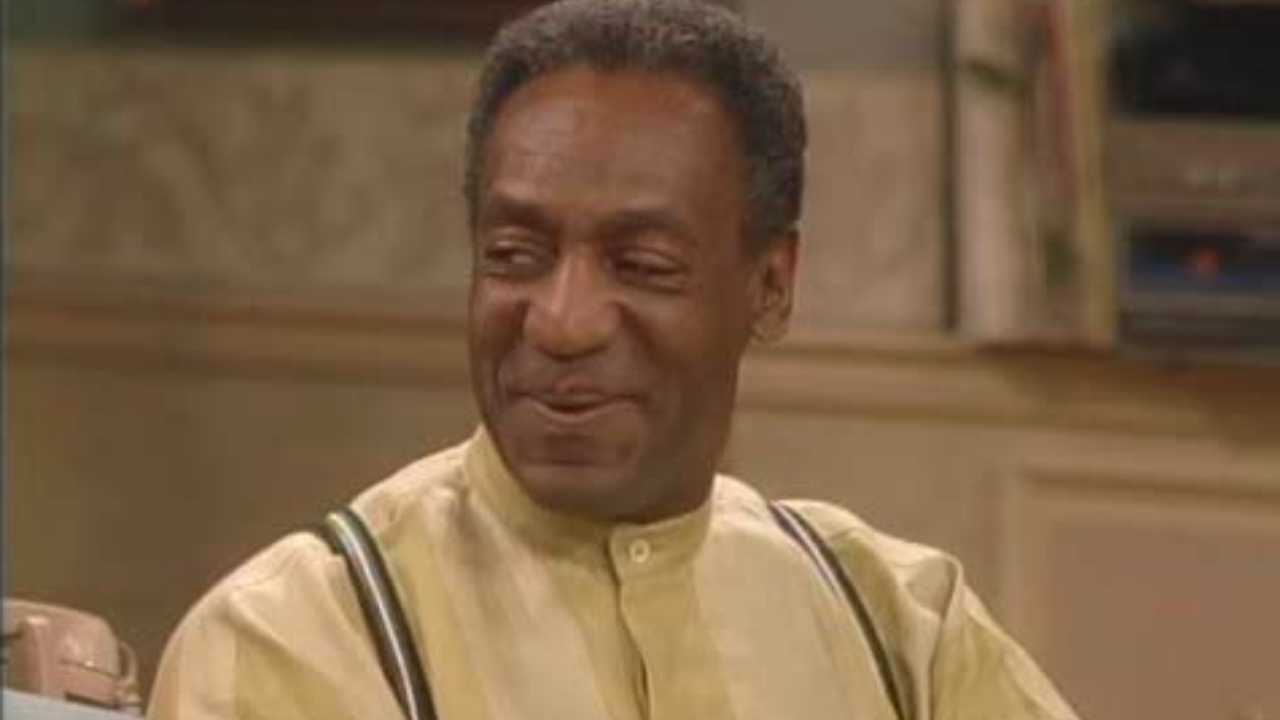
Black Kids Could Have Somebody To Look Up To When They Grow Older
As someone who supports the LGBTQ+ community, I’m thrilled to see more and more authentic LGBTQ+ characters on screen, portrayed by actors from the same community. This representation provides a valuable connection for young individuals who may be questioning or exploring their sexuality.
I don’t believe Hollywood is “grooming” children, or that TV shows or movies can “turn” someone gay. However, I do believe that seeing LGBTQ+ characters on screen may resonate with and validate those who identify as queer. Additionally, for viewers who are not part of the LGBTQ+ community, these characters add diversity to the stories being told, which I think is generally beneficial.
Just as I believe it’s beneficial for young queer individuals to encounter LGBTQ+ characters in media, I share the sentiment that it’s equally important for young Black individuals to see Black male role models in entertainment.
Instead of having Black superheroes as mere role models, wouldn’t it be great if there were characters that Black boys could realistically aspire to become someday? During my childhood, I had a wealth of strong father figures in Black sitcoms to admire. Unfortunately, the downfall of Bill Cosby has left a significant mark on the once-revered portrayal of “America’s Dad” from The Cosby Show. Regrettably, his decline in reputation has tarnished the legacy of that show. However, before this unfortunate incident, Cliff Huxtable was a beacon of positive parenting for not just Black children but also white, Hispanic, and Asian kids.
Despite the presence of other Black fathers in television shows throughout the years, no character has quite filled the void left by Cliff Huxtable, a role model whose impact I deeply miss. Characters like Cliff or “Furious” could play a significant part in demonstrating to young Black boys that there are various types of good Black fathers, which I believe would be beneficial for them as they strive to become good Black fathers themselves in the future.
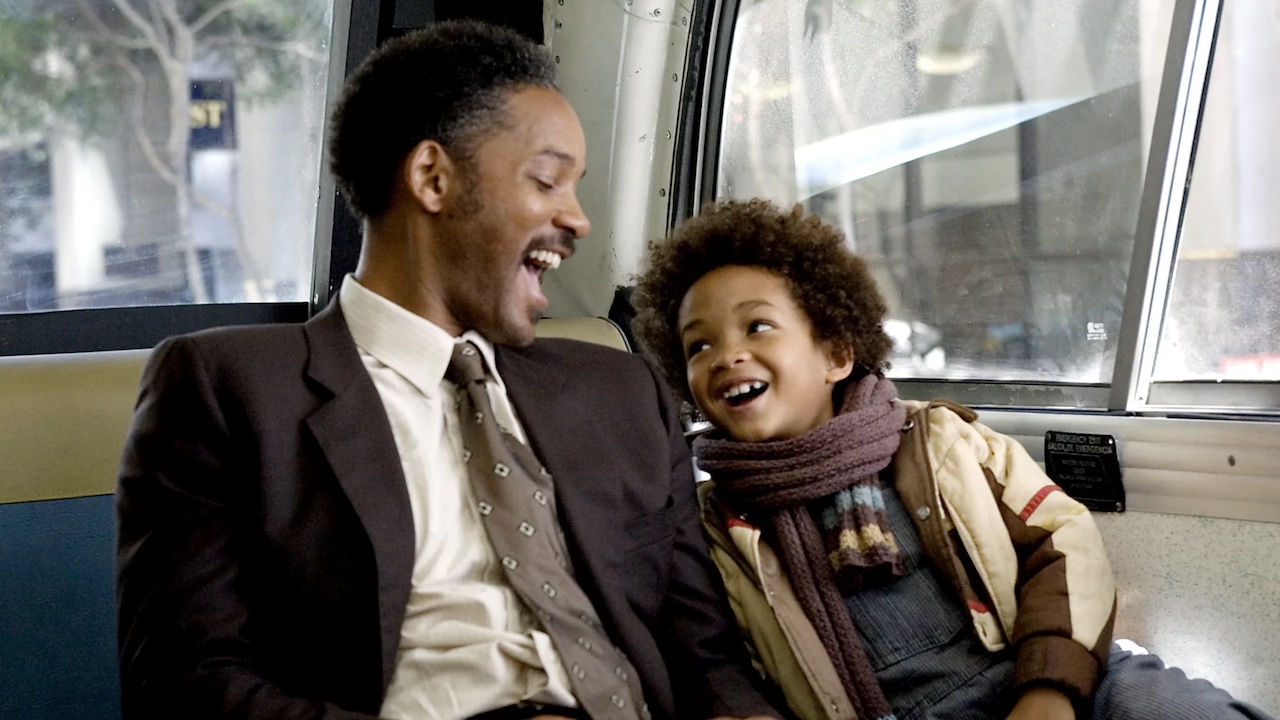
It Would Make Movies More Interesting Since We Don’t Often See This Kind Of Character In Films
As a movie enthusiast, I can’t help but reflect on instances that sparked conversation within our community. For example, recalling the buzz surrounding Ariel from “The Little Mermaid” being portrayed as Black? Or questioning the inclusion of Black elves in “Lord of the Rings: The Rings of Power”? These are examples of diverse representation in beloved stories, a topic that continues to evoke thought and debate.
Since I advocate for a Black actor to play James Bond, I may not be the right individual to consult on this matter. However, I wholeheartedly support greater representation and variety in films.
The characters I brought up are primarily from the fantasy realm. No problem with that. However, it would be great if we could see more positive portrayals of African American fathers in movies, as they are often underrepresented.
Absolutely, we frequently encounter remarkable portrayals of fathers in movies, such as John Matrix in the legendary action film, “Commando,” or Bryan Mills in “Taken.” However, it’s less common to find outstanding representations of Black fathers in films. While there are examples like Denzel Washington’s character in “John Q,” Will Smith’s character in “The Pursuit of Happyness,” Idris Elba’s character in “Daddy’s Little Girls,” and Lawrence Fishburne from “Boyz n the Hood,” these are relatively few. In fact, if you were to count the number of significant Black father figures on one or two hands, you wouldn’t run out.
It would be great if we had a lot more of them, as I believe incorporating them more often would significantly enhance the intrigue of our films, considering how infrequently they appear.
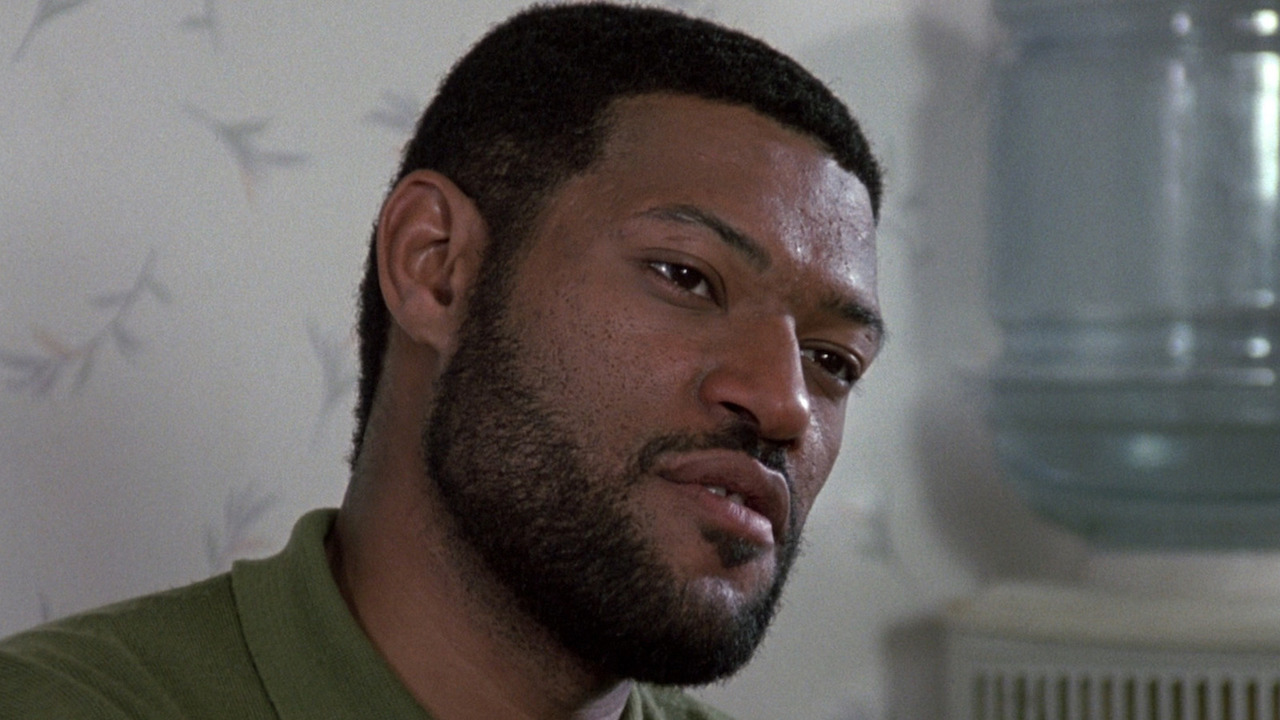
Lastly, It Can Be A Model To Black Fathers
I’m grateful to have an exceptional dad who’s consistently stood by me, offering support throughout my life. Just like Tre from Boyz n the Hood, my parents parted ways, and at different points in time, I resided with my mother and then later moved in with my father.
In my personal experience as a parent, I’ve drawn upon many lessons from my own father and expanded my knowledge by observing fictional dads on screen. For instance, I freely acknowledge that the character Bandit from Bluey has significantly influenced my parenting style.
As a film enthusiast, I’ve picked up valuable lessons from remarkable on-screen fathers too. The “Furious” franchise serves as a reminder for me about when I need to stand firm with my boy. It’s these cinematic role models that inspire me and many others, demonstrating the impact great Black dads in movies can have in our everyday lives.
As a film enthusiast, I can’t help but notice that, being a Black father, there seems to be a unique perspective. It appears that our discussions with our sons often mirror those between “Furious” and Tre, yet we also encounter the stigma that we may not be fit to be fathers in the first place, due to stereotypes that persist.
Experiencing something difficult to accept or swallow is common. However, witnessing a powerful, African-American father character like “Furious” serves as reassurance, demonstrating that we’re not inferior fathers in any way, and no one should make us question our abilities as parents.
But, what do you think? I’d love to hear your thoughts!
Read More
- Sony Removes Resident Evil Copy Ebola Village Trailer from YouTube
- Ashes of Creation Rogue Guide for Beginners
- Best Controller Settings for ARC Raiders
- Can You Visit Casino Sites While Using a VPN?
- One Piece Just Confirmed Elbaph’s Next King, And He Will Be Even Better Than Harald
- Michael B. Jordan Almost Changed His Name Due to NBA’s Michael Jordan
- The Night Manager season 2 episode 3 first-look clip sees steamy tension between Jonathan Pine and a new love interest
- Lies of P 2 Team is “Fully Focused” on Development, But NEOWIZ Isn’t Sharing Specifics
- Crunchyroll Confirms Packed Dub Lineup for January 2026
- AKIBA LOST launches September 17
2025-07-16 14:09